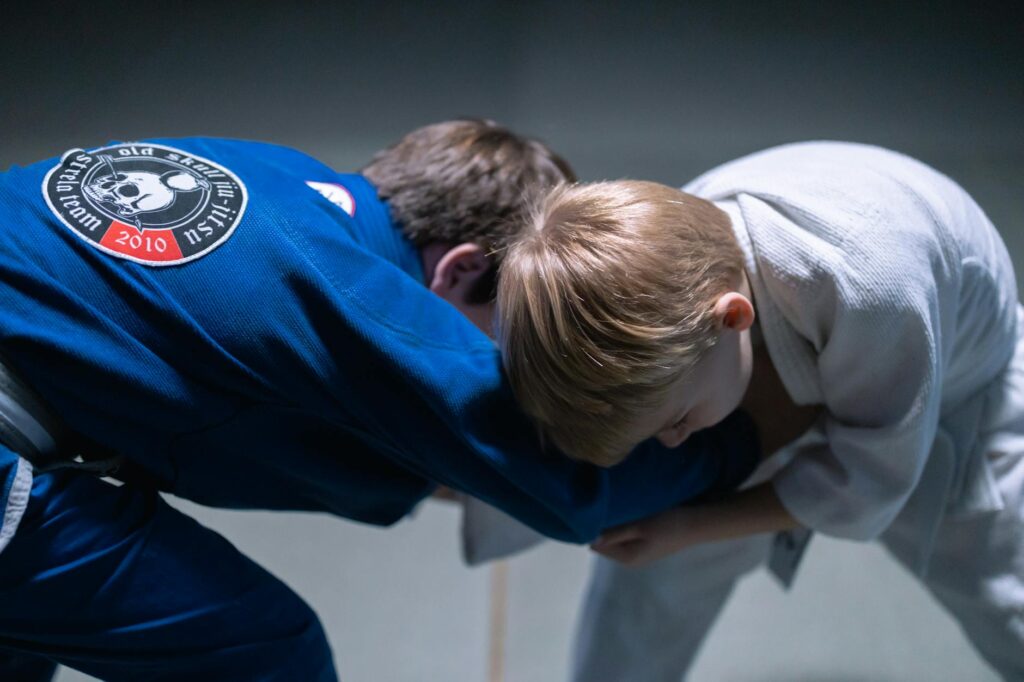What is deliberate practice?

What is deliberate practice?
Deliberate practice is a purposeful and structured approach to improving skills and achieving mastery in various fields, from music and sports to academics and business. Unlike regular practice that may involve mindless repetitions, deliberate practice is focused, intentional, and designed to enhance specific aspects of performance. This approach is crucial for anyone looking to elevate their skills and reach high levels of achievement.
Understanding Deliberate Practice
At its core, deliberate practice refers to engaging in training activities that are specifically designed to improve performance. According to James Clear, this method involves setting clear goals, seeking feedback, and concentrating on refining skills. It’s not just about putting in time but rather about using that time effectively.
Characteristics of Deliberate Practice
Deliberate practice has a few defining characteristics that set it apart from regular practice:
-
Goal Setting: Effective deliberate practice begins with clear, measurable goals. For example, a musician might aim to master a specific piece or technique rather than just “practicing.”
-
Immediate Feedback: Feedback is essential for growth. Deliberate practice often involves working with a coach or mentor who can provide critical insights. This immediate feedback helps individuals identify areas for improvement.
-
Focused Effort: Unlike casual practice, which might lack intensity, deliberate practice requires focused concentration on specific skills, whether it’s a sports technique or a musical passage.
Examples of Deliberate Practice
Real-world examples from various domains illustrate how deliberate practice is applied:
-
Music: A violinist may break down a complex piece into manageable sections, practicing each part repeatedly while receiving feedback from a teacher. Research shows that deliberate practice significantly contributes to performance in music.
-
Sports: Athletes often engage in deliberate practice by isolating particular skills. For instance, a basketball player may focus specifically on free throw shooting, analyzing each shot with the help of a coach.
-
Academics: Students can enhance their learning through deliberate practice by breaking down challenging topics into smaller parts and seeking feedback on their understanding.
The Science Behind Deliberate Practice
The effectiveness of deliberate practice is supported by extensive research. Studies indicate that it is a key factor in achieving high performance.
Role of Neuroplasticity
Neuroscience sheds light on how deliberate practice transforms the brain. As we practice, our brains adapt and rewire themselves to improve performance. According to Psychology Today, engaging in deliberate practice strengthens neural circuits, which enhances skills over time.
Limitations of Deliberate Practice
Despite its benefits, deliberate practice is not without criticisms. Some argue that it may not be the only factor in achieving expertise. For instance, research has shown that while deliberate practice is essential, other variables like natural talent, motivation, and opportunity also play significant roles in performance.
Moreover, misconceptions exist around the necessity of hours spent practicing. It’s not simply about the quantity of practice but rather the quality and effectiveness of the practice sessions.
Implementing Deliberate Practice
If you’re looking to incorporate deliberate practice into your routine, here are some actionable tips:
Setting Up a Deliberate Practice Routine
-
Identify Your Goals: Begin with clear and attainable objectives. What specific skill do you want to improve?
-
Create a Schedule: Set aside dedicated time for practice. Consistency is key. It helps to design a structured practice schedule that aligns with your goals.
-
Focus on One Skill at a Time: Trying to tackle many skills at once can dilute your efforts. Concentrate on one skill to enhance its mastery.
Tracking Progress and Adjusting Techniques
-
Journaling: Keep a practice journal to note your progress, challenges, and breakthroughs. This reflection helps refine your approach.
-
Use Technology: Apps and tools can assist in tracking your performance metrics. Whether it’s recording your practice sessions or analyzing techniques, technology can offer valuable insights.
-
Seek Feedback: Regularly consult with mentors or peers to gain insights on areas needing improvement. Feedback is crucial to the iterative process of learning.
Conclusion: Mastery Through Deliberate Practice
In summary, deliberate practice is an essential strategy for anyone seeking mastery in their chosen field. By setting clear goals, seeking feedback, and concentrating on focused efforts, you can significantly enhance your skills. This approach not only fosters growth but also instills a sense of accomplishment as you see tangible improvements in your performance. So, whether you’re an aspiring musician, athlete, or professional, embracing deliberate practice can set you on the path to success. Give it a try and witness your skills soar!

Photo by cottonbro studio